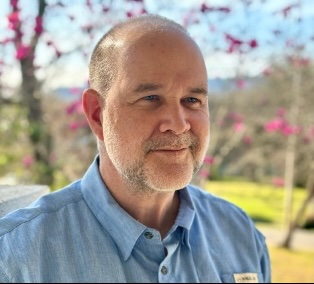OPINION
Our journey toward God is a journey of and toward peace. Christ told His disciples, “I have told you these things, so that in Me you may have peace.” He went on to say, “In this world you will have trouble.” (John 16:33).
That’s exactly the problem the writer is experiencing in Psalm 120 — he’s having trouble. His lament is that he lives among those who “hate peace” (v. 6). He is around people who have “lying lips” and “deceitful tongues” (v. 2). He dwells in Meshek and Kedar — two places associated with opposition to God (Ezekiel 38:1-3; Isaiah 21:13-17). Add it up and he is being brought down by the destructive turbulence around him.
As we read this, we might find ourselves nodding in knowing agreement. We sigh at examples of our inhumanity to each other. Unrighteousness is often applauded and celebrated. At times, our leaders seem to have more interest in fragmenting us than bringing us together.
What can we do?
We can take a stand as the psalmist does. After he has assessed his situation and mourned over his misery, he plants his flag in the ground and declares in the final verse, “I am for peace” (v. 7). The Hebrew word is shalom. James Mays says it “is the hopefulness and wholesomeness of life when living is knit into the fabric of relatedness to God and others and world. It is the at-one-ness that makes for goodness.”
Mays goes on to point out how this is a spiritually identifying act — the pilgrim is a pilgrim precisely because he is for peace. It’s what Jesus had in mind when He spoke of peacemakers being “sons of God” (Matthew 5:9 ESV). It’s true peacemakers are disciples, but He’s saying something more. “Sons” carries the connotation of sharing the nature of their Father. We’re never more like God than when we pursue shalom. Don’t be afraid to think it, say it, and live it.
I am for peace!
You can find more of Bruce’s writings at his website: a-taste-of-grace-with-bruce-green.com


